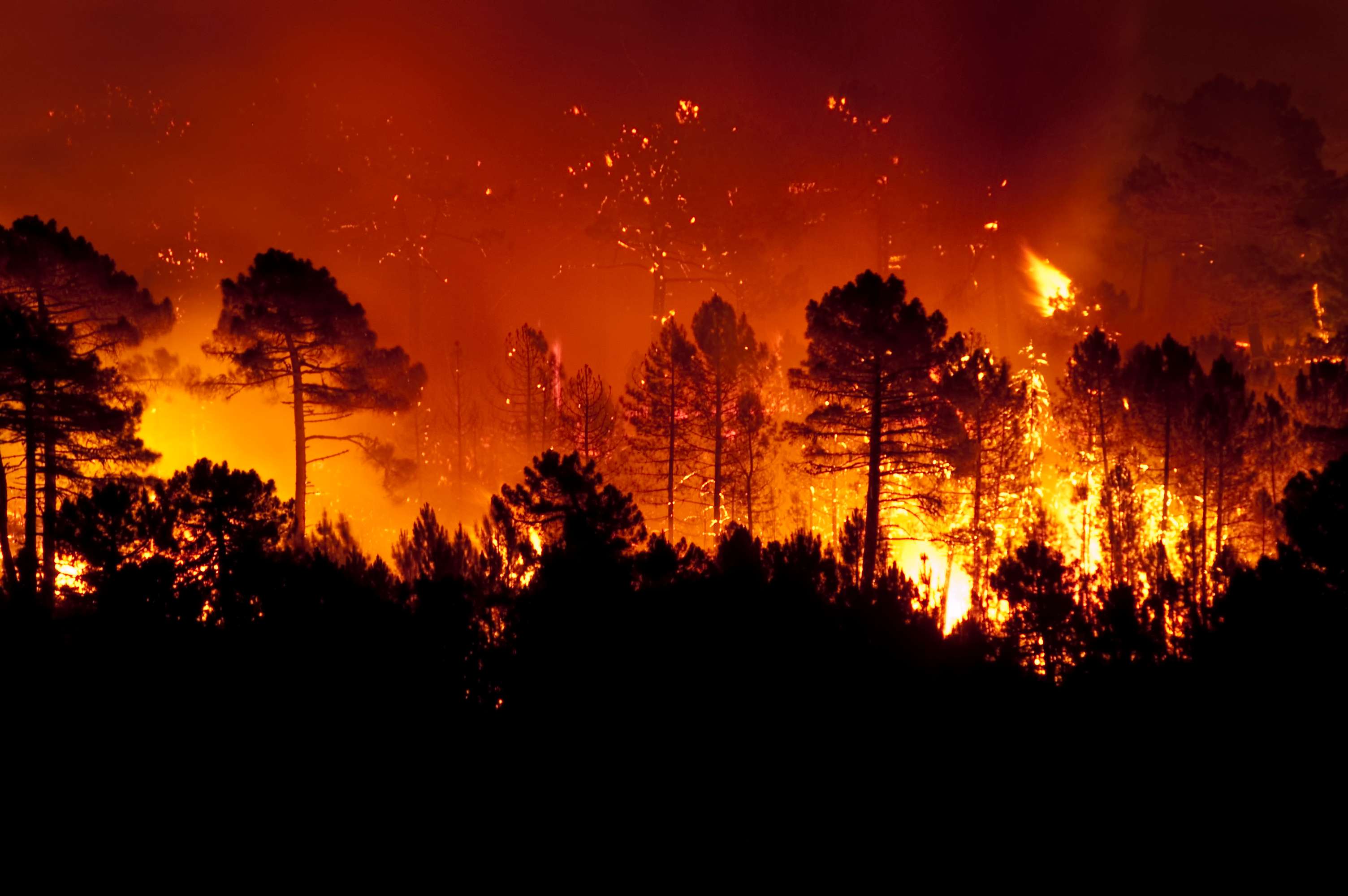By Mary Dai
The UN has officially declared that 2024 beats 2023 for being the hottest year recorded (from 1850 to 2024). According to the C3S (Copernicus Climate Change Service), 2024 has become the first year where the average global temperature has exceeded 1.5 °C above the 1850 to 1900 pre-industrial baseline. The UN Secretary-General, António Guterres, said “we have just endured a decade of deadly heat…the top 10 hottest years on record have happened in the last 10 years, with 2024 being at the top of the list.”
The continuation of human activities, such as burning fossil fuels, leading to global warming have triggered extreme and record-breaking weather events across the globe in 2024. On 22nd July 2024, the Earth experienced its hottest day ever on record – the daily global average temperature reached 17.16 °C according to C3S data (which began in 1940). Additionally, this winter Mount Fuji (in Japan) broke the record for the longest period without snow, highlighting the growing impact of global warming. In contrast, Seoul recorded its heaviest November snowfall (with records beginning more than a century ago). According to the Korea Meteorological Administration, on 28th November 2024 16.5 cm of snow fell in Seoul and nearby regions, surpassing the previous record of 12.4 cm set on 28th November 1972.
Unfortunately, the climate crisis is still ongoing. As of January 2025, Los Angeles is battling the most destructive wildfire in its history. Nearly 180,000 people have been evacuated and at least 10 killed. A minimum of 5 wildfires are currently burning in LA, with Pacific Palisades being the largest fire in the area, burning over 20,000 acres and destroying more than 5,000 structures. Lots of celebrities’ homes have been destroyed, including Paris Hilton’s, Adam Brody’s and Billy Crystal’s. It is initially estimated that the financial impact of the wildfire total losses could reach $20 billion.
